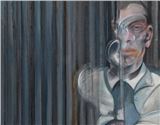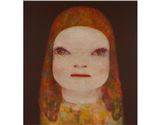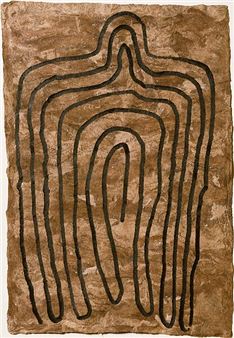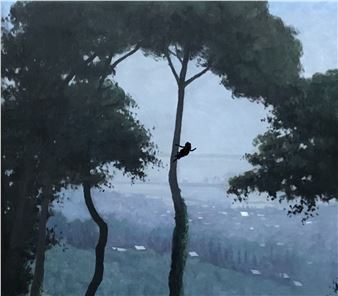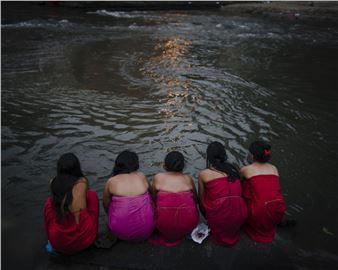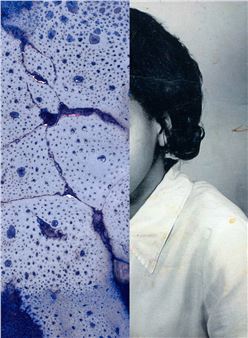A Show of Affection. Collection Constellation 1
Fotomuseum Winterthur is taking the opportunity presented by the institutionÔÇÖs thirtieth anniversary to examine its own collection, with a selection of artworks providing an insight into the museumÔÇÖs collecting activities. On display are works by a total of 19 different photographers and artists, a mix of well-known names and new discoveries.
The exhibition homes in on the collectionÔÇÖs idiosyncrasies, distinctive qualities and thematic focuses, while also scrutinising museum collecting practices per se. This probing of the collection also looks at gaps and lacunae that are made apparent by the museumÔÇÖs critical self-assessment and at works that are institutionally challenging.
The non-linear way in which the exhibition is presented highlights the fact that the (progressive) development of a collection is influenced by a variety of different factors. These include the exhibition programme, thematic focuses, curatorial interests, social issues and photographyÔÇÖs own process of evolution as a medium and body of practices.
Both in the exhibition space and through a varied programme of events, the museum provides insights into, among other things, its own origins and the way it cares for its collection. A Show of Affection offers an alternative to the classical collection exhibition and is, not least, an expression of an institutional approach: Fotomuseum Winterthur is eminently (self-)critical ÔÇô and yet still has a sense of affection for its own collection.
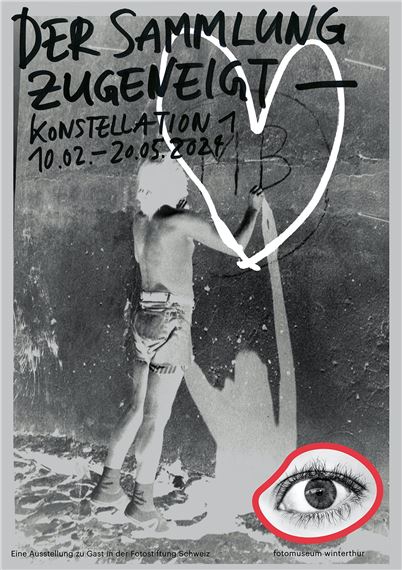
Recommended for you
Fotomuseum Winterthur is taking the opportunity presented by the institutionÔÇÖs thirtieth anniversary to examine its own collection, with a selection of artworks providing an insight into the museumÔÇÖs collecting activities. On display are works by a total of 19 different photographers and artists, a mix of well-known names and new discoveries.
The exhibition homes in on the collectionÔÇÖs idiosyncrasies, distinctive qualities and thematic focuses, while also scrutinising museum collecting practices per se. This probing of the collection also looks at gaps and lacunae that are made apparent by the museumÔÇÖs critical self-assessment and at works that are institutionally challenging.
The non-linear way in which the exhibition is presented highlights the fact that the (progressive) development of a collection is influenced by a variety of different factors. These include the exhibition programme, thematic focuses, curatorial interests, social issues and photographyÔÇÖs own process of evolution as a medium and body of practices.
Both in the exhibition space and through a varied programme of events, the museum provides insights into, among other things, its own origins and the way it cares for its collection. A Show of Affection offers an alternative to the classical collection exhibition and is, not least, an expression of an institutional approach: Fotomuseum Winterthur is eminently (self-)critical ÔÇô and yet still has a sense of affection for its own collection.

 ARTISTS
ARTISTS
